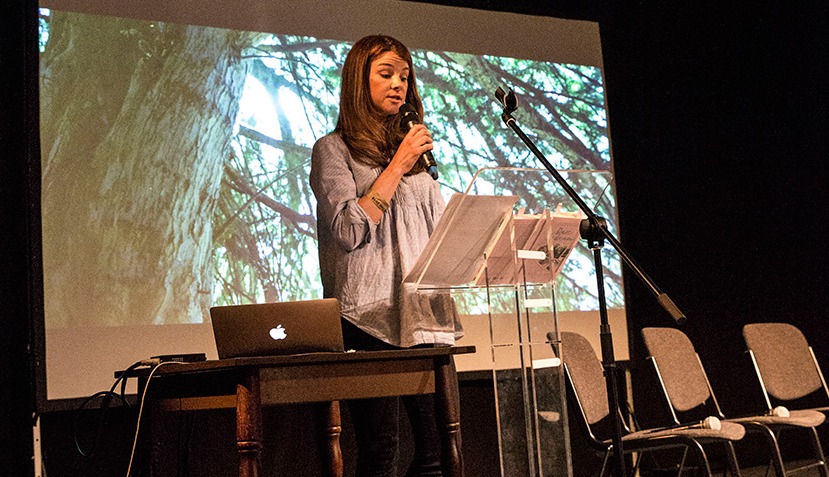Fertility Fest isn’t just one of London’s top arts festivals — it has a very clear social mission. We believe in the power that artists have to tell personal stories and to explore complex societal issues, and that by bringing the arts and science together in a festival we can achieve social change.
Driving social change is hard. Although nature (sometimes with some help from science!) can grow a whole human in 9 months, changing behaviour at a societal level takes much, much longer.
However since the first Fertility Fest in 2016, it’s amazing to see how much progress has been made.
In this series of posts we’ll examine not only the change we’ve seen so far, but the change we want to see going forwards.

Starting with the first pillar of Fertility Fest’s social mission:
- To improve understanding of the emotional journey of people who struggle or go on a complex journey to conceive — because it can be hard and horrible and we want there to be better patient care and outcomes for everyone whatever their fertility story, however it ends.
Patient Support
I know from personal experience how gruelling fertility treatment can be, and am delighted to see that the winds are starting to change when it comes to patient support:
Then
In 2016 Fertility Fest laid bare the honest truth about how unsupported so many patients felt during their fertility treatment; particularly by their clinics, and particularly when treatment failed.
Now
Since then, the HFEA have developed a new Code of Practice for clinics in the UK, which now has a dedicated section specifically for patient support: specifying clinics’ responsibilities not only to make counselling accessible, but to develop a patient support policy that codifies how the clinic will ensure all staff provide “appropriate psychosocial support” before, during and after treatment. Which is incredibly gratifying, demonstrating a commitment to change right from the very top.
From initiatives like phone calls to check in during the two week wait, to open door counselling policies; clinics are really starting to take this issue seriously.
Next
It’s a great start — but there is so much more to do.
What does “appropriate psychosocial support” actually look like?
If, as the HFEA Code of Practice states, “patient support should be patient-centred”, what does patient-centred actually mean?
As the patients, we think we have the right to have our say about what patient-centred care should look like, and want to put together a patient-centred manifesto to do this:
- Open-door access to fertility counselling and coaching: as both a support system to help patients cope, and a sounding board to help patients find ways to move forward with their goals.
- Support groups: mixed, male, female and specific interest (e.g. LGBT parents, solo motherhood) - either in-clinic or clear signposting to those that already exist elsewhere.
- Clear written information: given at the start of treatment to provide clear information about the proposed treatment to prepare patients about what to expect; detailing all emotional support available, and the importance of accessing it for patients’ mental health, and signposting relevant organisations and resources.
- Defined follow-up protocols: for people who have successful and unsuccessful treatment, as well during the two-week wait.

Less talk, more action
A study by Fertility Network UK identified that whilst counselling for fertility problems can be a life saver, only a minority of people affected actually receive counselling — the majority of which was self-funded.
The UK fertility sector is now worth £320million p.a. & growing steadily by 3% every year — presumably boosted by profits from offering patients a wealth of expensive (and often unproven) treatment add-ons.
Can the industry honestly say it’s delivering truly patient-centred care yet?
The last three years have seen a step-change in awareness and understanding of the need for patient support — now we need to follow this through with action.
40 years after the birth of Louise Brown, and as the birthplace of IVF, isn’t it time the UK starts leading the way for world-renowned emotional and clinical patient care?
We’d love you to join us in shaping our patient manifesto — please do email your comments to hello@fertilityfest.com, get in touch on social media, or join us at Fertility Fest to share your thoughts.
This is the first post in a three-part series on Fertility Fest’s social mission
Coming up next:
Part 2 – Public Discourse about Infertility & Reproductive Science – What it can do, what it cannot do and how it’s affecting the way the human race is being made.
Part 3 — Fertility Education and Modern Families To improve fertility education — young people need to learn more than how ‘not to get pregnant’